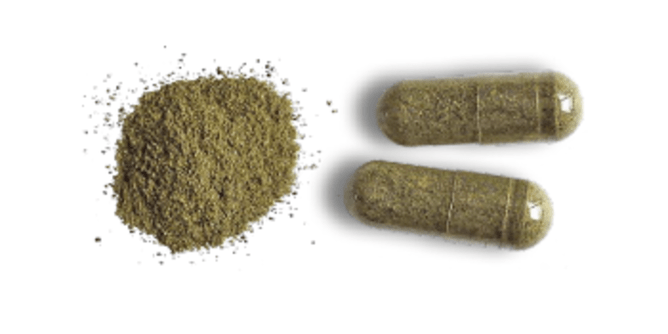Food poverty across the globe was once always been linked to droughts and famines. Going into the 2020s though there is a new type of food poverty that is caused by depleted nutrients in our land-grown food crops. Seaweed produced for optimum human nutrition is increasingly seen as part of the solution.
Fast food and convenience food with high salt, sugar and fat content are becoming the staple diet, particularly for younger people.
Highly processed foods found on our supermarket shelves have incredibly low nutritional value and are often fortified with single nutrients that seem "healthy" but in fact are just a marketing ploy.
These high-kilojoule, low Mcdonald's nutrition diets have a disastrous impact on our brains and performance health, especially those that are growing. The effect on memory, mood and cognitive functions can actually be measured. Research shows nutritional gaps can affect children’s learning, health and longer-term predisposition to obesity. (1)
For adults, trials on a high fat diet showed concentration and speed of recall deteriorated whilst “the speed of information processing was also significantly impaired in the high-fat diet arm of the study”.(2)
The food industry must be challenged to provide clearer nutritional information on packaging and then consumer awareness and demand can drive real improvement.
For you and I and anyone doing their best to take control of their health, attention to eating foods with a good balance of Omega 3 to Omega 6, plus foods with higher polyphenols is a great step to boosting optimum nutrition. An imbalance in Omega fats is linked to “cardiovascular disease, cancer, and inflammatory and autoimmune diseases”(3) . Adding foods with higher polyphenols - “evidence suggests polyphenols are involved in neuron activation and cellular signalling pathways that mediate inflammatory processes in the brain.”(4)
Other power foods such as fish and berries are good sources, but high-quality seaweed is outstanding for brain power.
Standard supplements may help, but unlike a wholefood, they do not do so comprehensively. A recent paper "Consumption of seaweeds and the human brain" gives a detailed breakdown of their range of nutrients.
“The emphasis is on a varied diet including macroalgae and the gut/microbe/brain axis, the importance of polyunsaturated fatty acids, and the impacts of anti-oxidant activities in neuroprotection.” (5)
Why include nutritious seaweed, even in a varied diet?
Seaweed is an ideal source of Omega 3 & 6 and high polyphenols, but the complete answer lies in balance. Simon Ranger of Seagreens® Seaweed Health Foundation says: “our native wild wrack seaweeds can provide the micronutrients, including all the minerals and trace elements in a complete food.”
Treating your body to a broad range of nutrients is important. In Your Brain on Food, Brenda Patoine quotes “Nutrients in isolation may not be as effective as when they are interacting with other nutrients in whole foods.” … ”the best advice for a brain-healthy diet boils down to consuming a variety of natural foods that have undergone the fewest alterations.”(4)
We can all benefit from small amounts of quality seaweed in our daily diet. But not all seaweed is equal. Seagreens Seaweed, certified by the Biodynamic Association to Nutritious Food Seaweed standards, assures a minimum nutritional profile backed by independent analysis.
The study "Consumption of seaweeds and the human brain" recommends:
“Seaweeds produced under controlled conditions offer boundless opportunities to satisfy the known requirements for brain health.” (5)
Seagreens Food Granules are a great all-rounder, providing a carefully blended balance of nutrition essential for our health. Head over to our For People page for some of the best nutrition Australia has to offer and to choose the best product for your own personal health.
(1)Miller, A. A. & Spencer, S. J. Obesity and neuroinflammation: a pathway to cognitive impairment. Brain Behav. Immun. 42, 10–21 (2014).
(2)Holloway C et al. A high-fat diet impairs cardiac high-energy phosphate metabolism and cognitive function in healthy human subjects The American Journal of Clinical Nutrition, Volume 93, Issue 4, Pages 748–755, April 2011.
(3)A P Simopoulos The importance of the ratio of omega-6/omega-3 essential fatty acids PMID: 12442909 DOI: 10.1016/s0753-3322(02)00253-6
(4)Patoine B. Your Brain on Food https://dana.org/article/your-brain-on-food/
(5)Cornish L, Critchley A & Mouritsen O Consumption of seaweeds and the human brain. J Appl Phycol DOI 10.1007/s10811-016-1049-3
Blog post by Geoff Hurst of Seagreens UK (edited for Australians by Liz).

